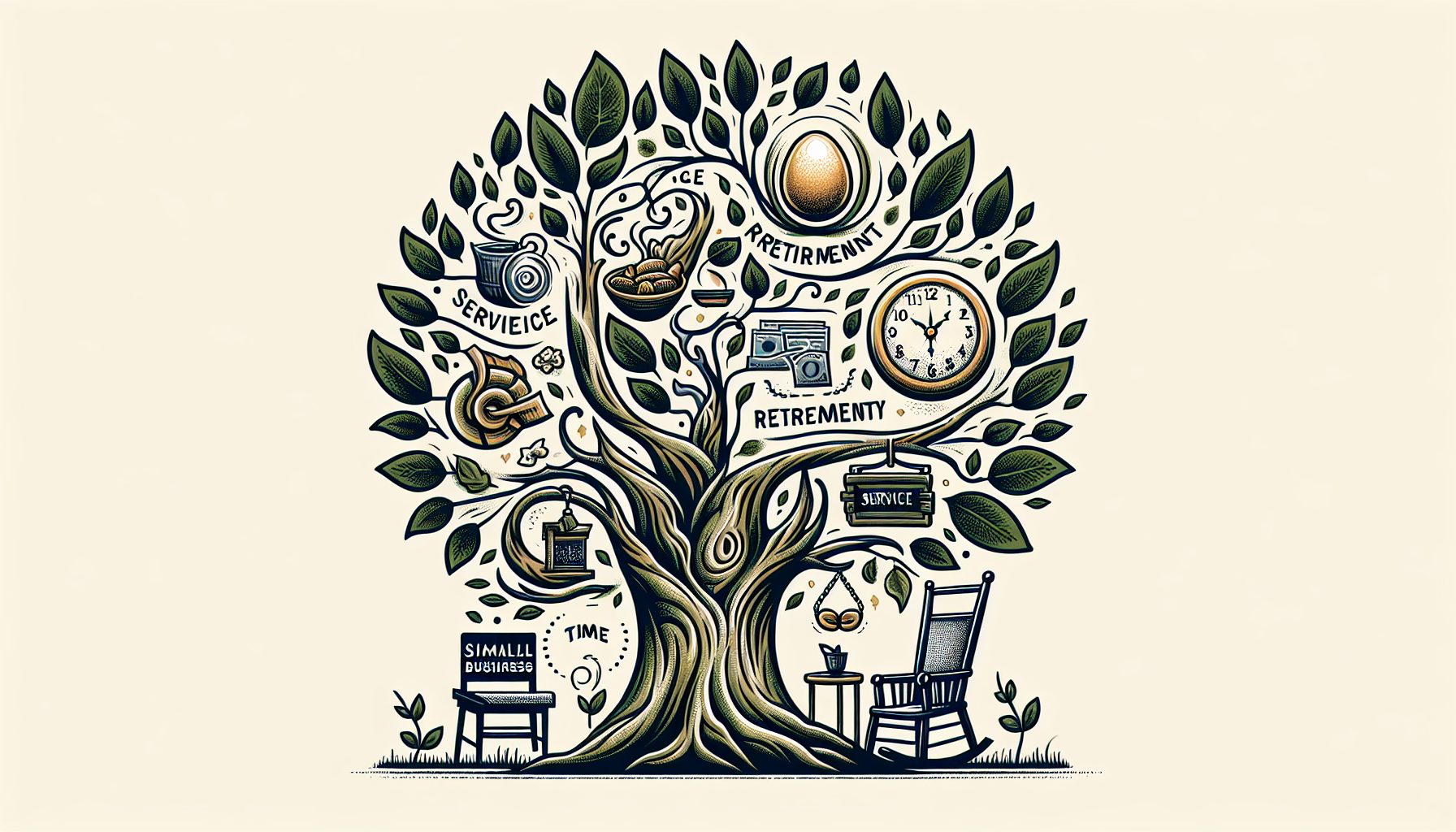One of the interesting things about the Internet—and all the emerging connected devices and systems that operate within it—is how the vast communications framework fundamentally rewires business and personal interactions. Organizations such as Uber, ZipCar, Airbnb, Instacart, WeFarm and many others would not have been possible only a decade ago.
The so-called sharing economy, which began to emerge in earnest in the early 2000s, has blossomed into billions of dollars per year. In many cases, it’s possible to obtain a ride, room or independent worker to handle a request or job in a matter of seconds through an app on a smartphone. What’s more, about one third of the American workforce now operates as a freelancer or independent contractor, and that figure continues to rise.
Although the sharing economy—and the so-called “gig economy”—is rife with pros and cons, this concept is clearly moving forward and expanding into areas such as corporate crowdsourcing. What isn’t keeping up, according to a newly released study conducted by Accenture, is government acceptance and support. The report, “Citizens Embrace Potential of ‘Sharing Economy’ to Improve Government,” found that a huge chasm exists between how the public views the sharing economy and how government is approaching the space.
Accenture found, for example, that citizen support for government organizations using various sharing economy services ranges from 73 percent to 87 percent, while around half of public sector leaders surveyed said their organizations are unprepared to leverage such services. Yet, 62 percent of citizens and 66 percent of public sector leaders agreed that greater government engagement in shared economy activities would improve “citizen satisfaction with government.”
Daniel London, group chief executive of Accenture’s Health & Public Service operating group, noted: “Digital technologies are empowering people to take a modern approach to the old-fashioned idea of sharing, and we are seeing strong growth in businesses delivering services without owning the underlying assets, such as vehicles, facilities and equipment. These sharing, or ‘We,’ economy models offer government innovators some exciting new pathways to be even more cost-effective, while enhancing citizen perceptions, engagement and satisfaction with government.”
How all of this plays out over the next several years remains to be seen. But one thing is clear: A growing swath of the public sees the sharing economy as a vital thing, and government needs to get on the bandwagon.









